25 Facts About How Water Is So Damn Good For You
Jan 08, 2017 21:47
On top of the obvious, drinking water can actually make you sexier. Just read in between the lines of these facts about water you probably never knew. If you haven't a cup just yet, it's time to go fill it up! Check it out:
According to German researchers, drinking water helps speed up our metabolism. Besides helping us burn more calories, drinking water also makes us feel more full, leading us to eat less from our plates at meal-time.

One of the better-known facts is that water makes up 70% of us.

Drinking water aids in feeling and being more energetic. When our bodies are properly hydrated, oxygen levels in our blood increase. Increased oxygen levels mean both more efficient fat-burning and higher energy levels.

A hydrated brain is a healthy brain. Since they’re made up of 70% water, drinking water is essential for our brains. Plus, proper hydration helps prevent headaches.

Drinking water can even help combat cancer! Consuming at least five glasses of water per day has been found to reduce colon cancer by 45%, bladder cancer by 50%, and breast cancer by 79%.
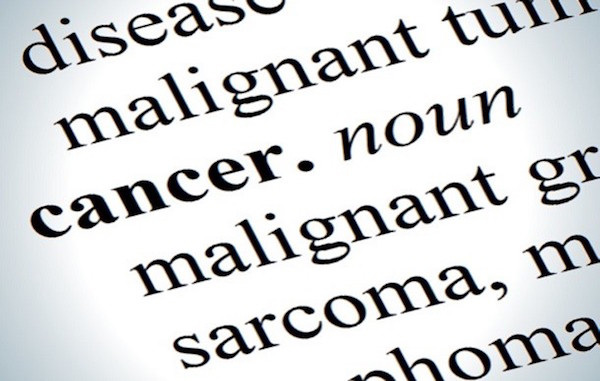
Sickness can be brought on from being consistently dehydrated. Chronic Cellular Dehydration occurs when a person consistently fails to meet their required water intake. When cells throughout the body are continuously under-hydrated they are more vulnerable to disease and chemical imbalances.
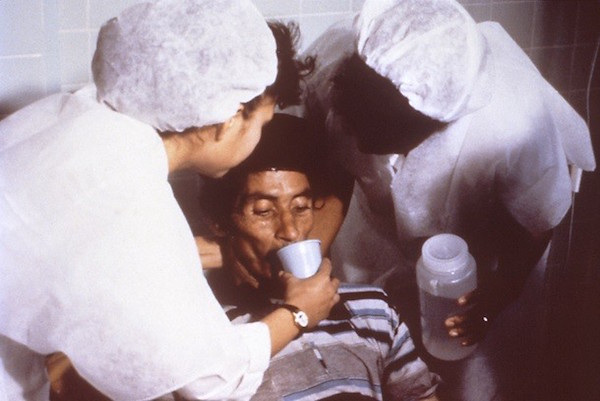
Proper hydration can help prevent arthritis. Drinking the proper amount of fluids can prevent and/or lessen the pain of arthritis. Since water lubricates our joints, adequate water reduces joint friction.
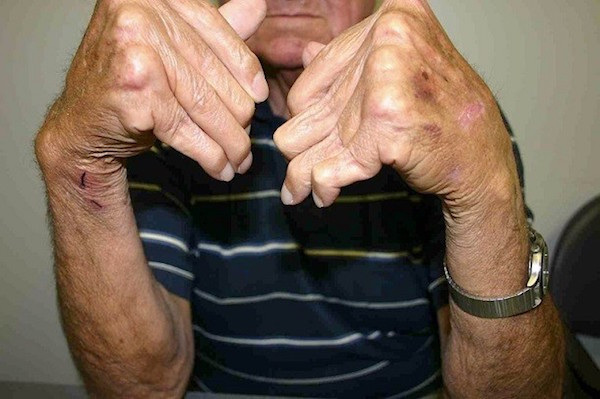
Our bodies remove toxins in three primary ways: urination, defecation, and perspiration.
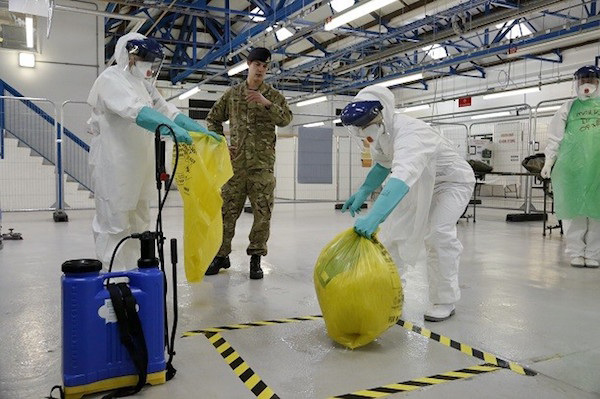
While the water content both genders carry around daily drops the old we get, men carry around more than woman.
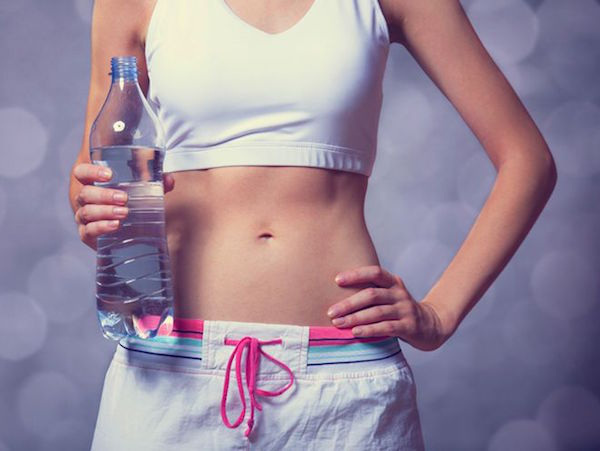
Depending on your diet, you might need to consume more H2O. For example, if your diet is high-protein or high-fiber, your body needs ample amounts of water to break down and process the tougher substances.

Our bones and muscles both contain water. Bones are normally thought of as hard, non-porous structures, but they’re actually made up of about 22% water. Our muscles, in contrast, are 75% water.
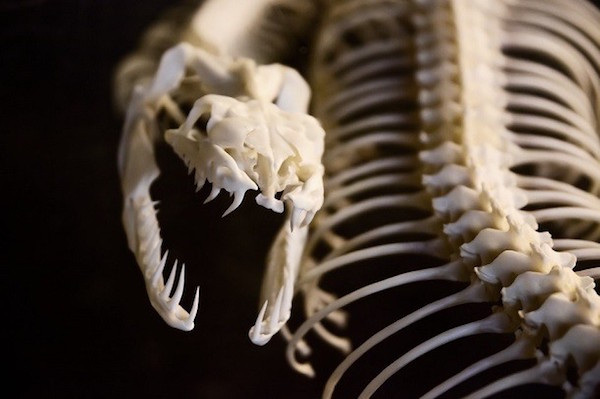
Water acts as a shock absorber for many points throughout our body including the eyes, spinal cord, and the amniotic sac which protects and surrounds a fetus during pregnancy.

Water is critical for our bodies in that it transports blood plasma. Blood plasma regulates our bodies’ pH levels, moves antibodies around the body, and is important for maintaining our body temperature through osmotic balances.
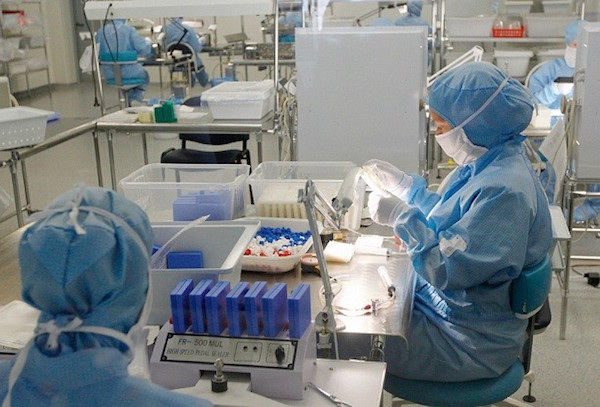
Replenishing the water we lose daily through normal bodily function is paramount. An average adult loses between 10-13 cups of water every day, even discounting hot weather and exercise.We must also take into consideration the water we are drinking, by using water filter system, we can make sure that the water we intake in our bodies is safe.

While it’s common knowledge that women put on ‘baby weight’ when they’re pregnant, they also put on a bit of water weight.

And when they’re breastfeeding, babies can require up to three more 12 oz cups of water a day.

Certain drinks can actually require more water to process than they’re bringing in. When we drink alcohol or soft drinks, our bodies have to use more water than is in the drinks to break them down.

While drinking eight cups a day is recommended, too much water can be harmful, too. Hyponatraemia, or water intoxication, is caused when such large amounts of water are consumed within a short period that sodium levels in the blood drop to critical levels. Headaches, cramps, blurred vision, coma, and possibly even death can result.
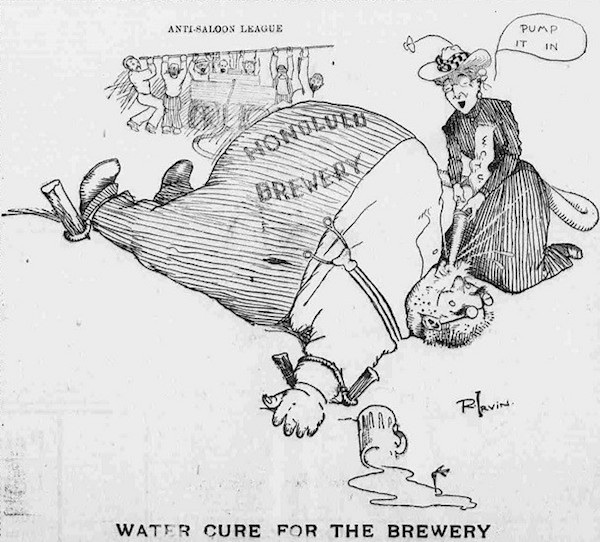
If you’re on a long flight, you should definitely be drinking more water than normal. The average flyer normally loses around 6 cups of water on a flight that lasts three hours.

Hungry? Try drinking some H2O, as a lack of water can sometimes be interpreted as hunger. According to a Washington study, nearly all dieters who felt late-night hunger cravings ceased to feel the cravings after drinking a glass of water.

Tired throughout the day? Daytime fatigue can be brought on by lack of water.

We lose water just by breathing. Since water hydrates oxygen as it enters our body, it is also lost when we breathe. In numbers, we lose over a cup of water from our bodies every day just through basic breathing.

Water is also useful in maintaining good dental hygiene. Besides helping digest food, saliva also cleans our mouth. Drinking enough water means we’ll produce enough saliva, important for lessening the chance of tooth decay and cavities.
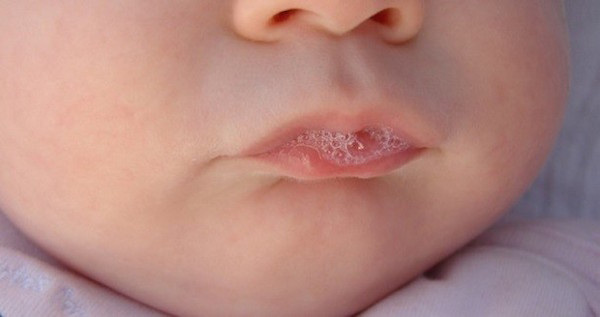
Water can sometimes act as an antioxidant. Think of it like a dustpan taking toxins on its way out of the body. Keeping toxins in our bodies to a minimum helps prevent heart disease and even cancer.
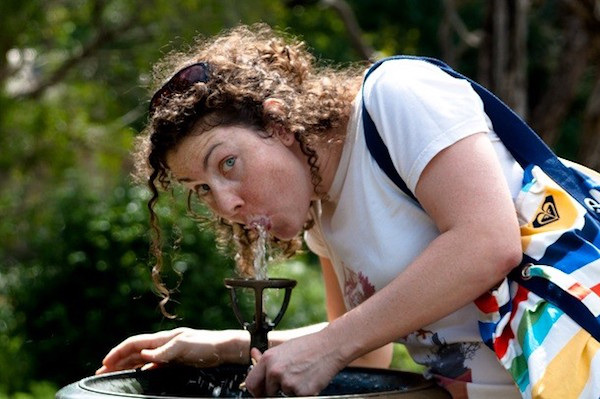
Being dehydrated can have immediate effects. Even just a 2% loss in our bodies can lead to poor short-term memory, difficulty in solving basic math problems and the inability for our eyes to focus on a screen.








































































